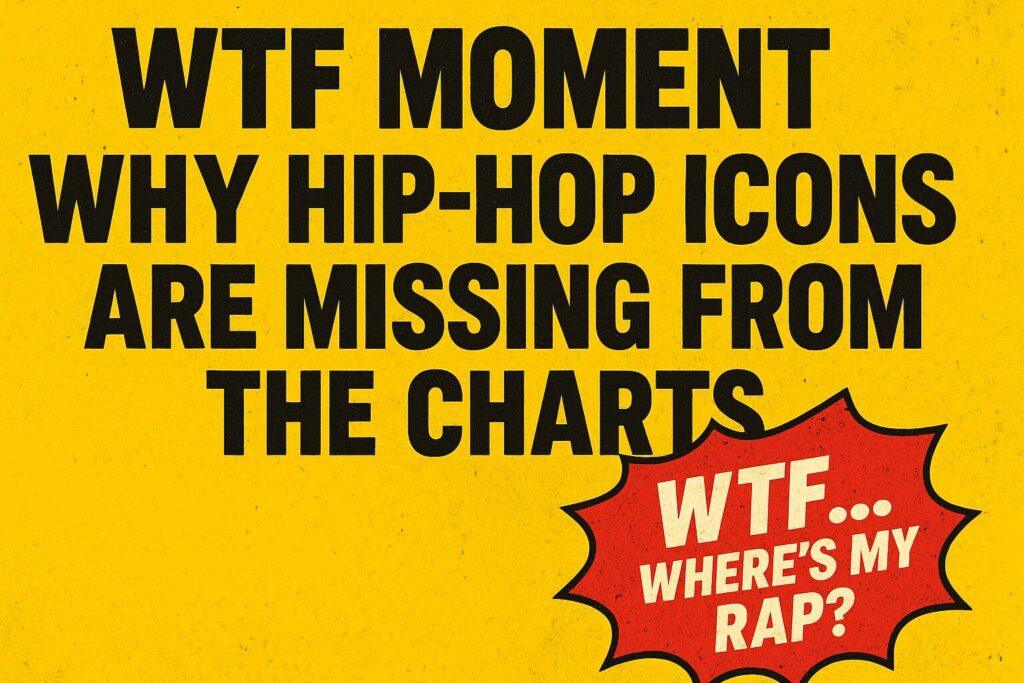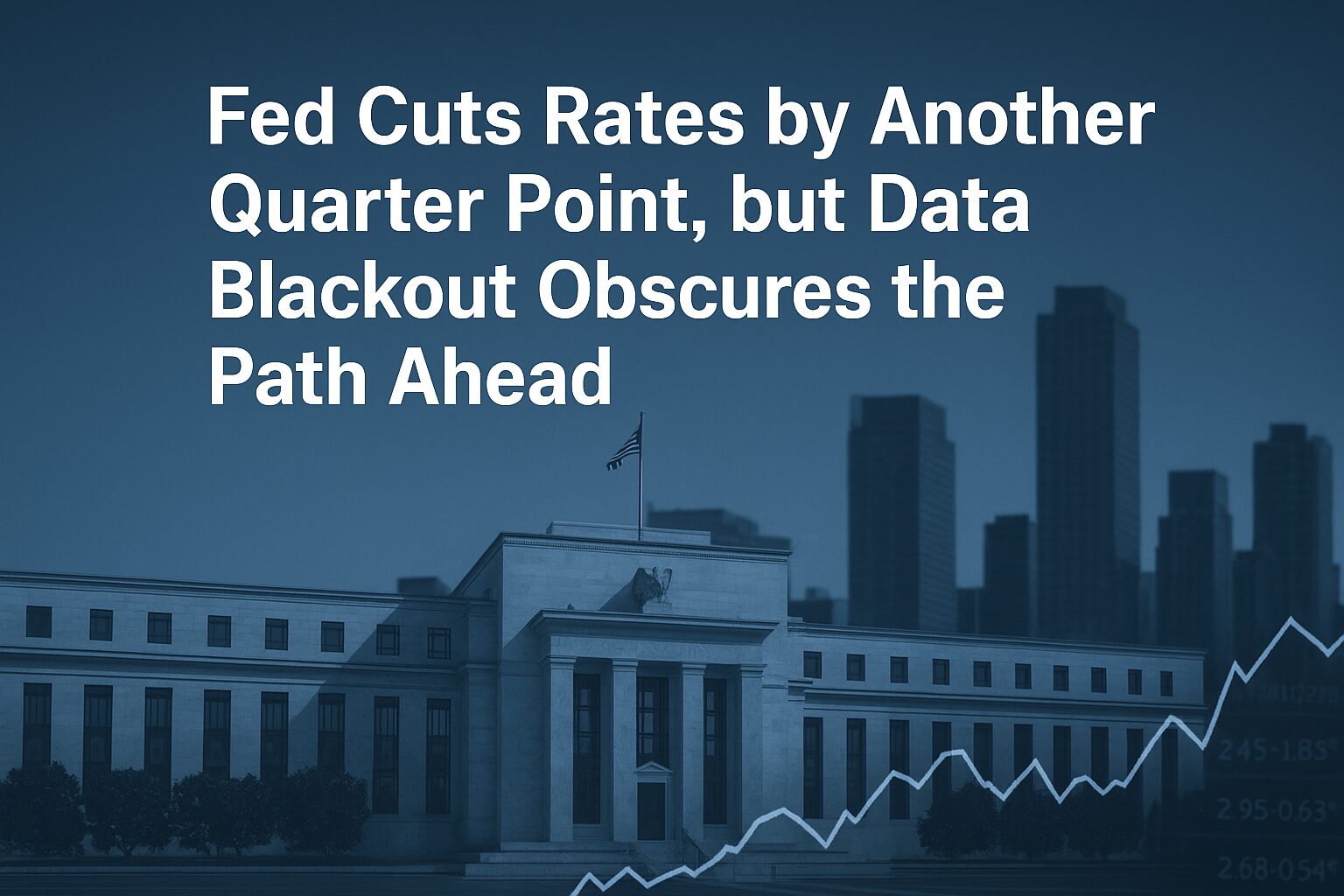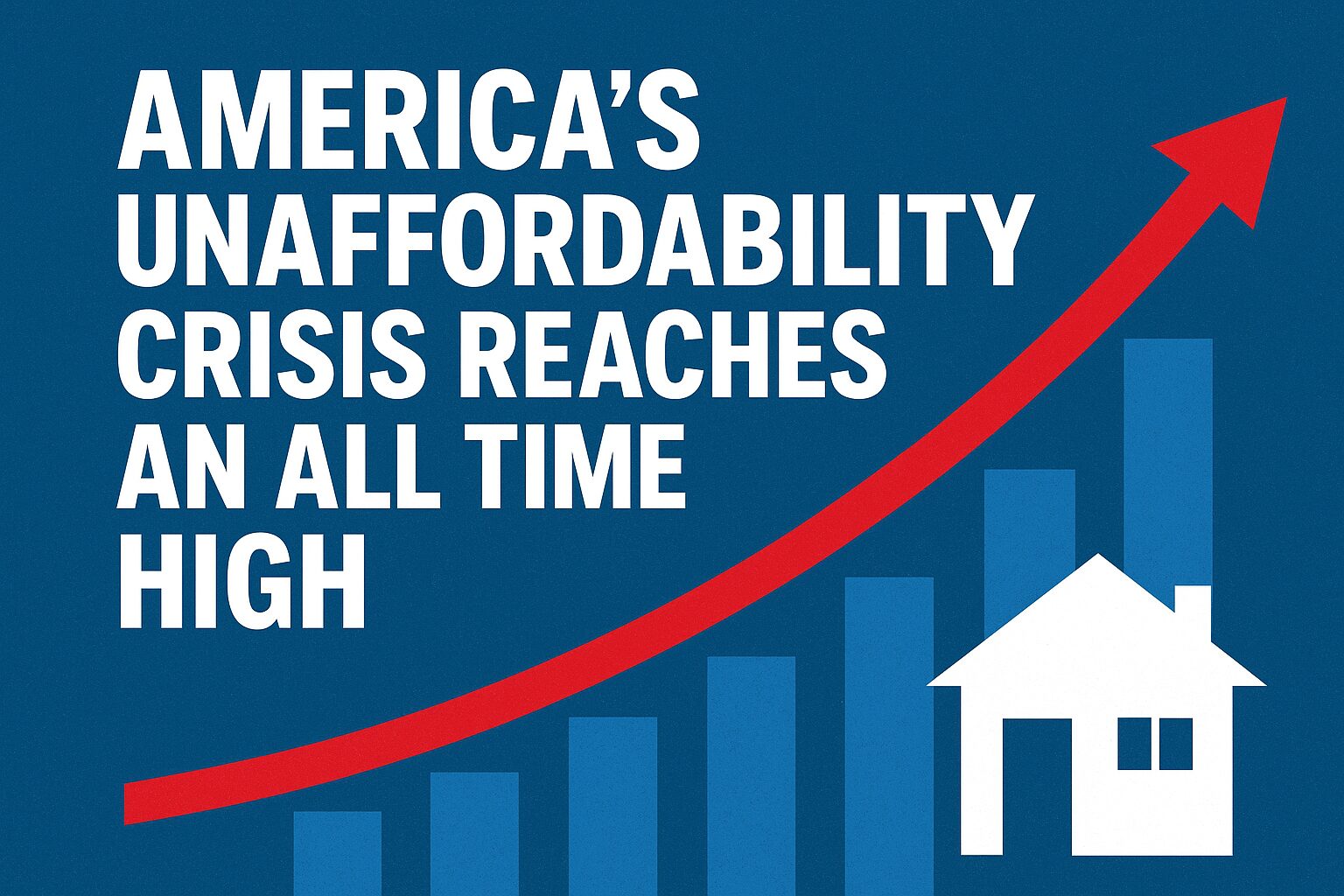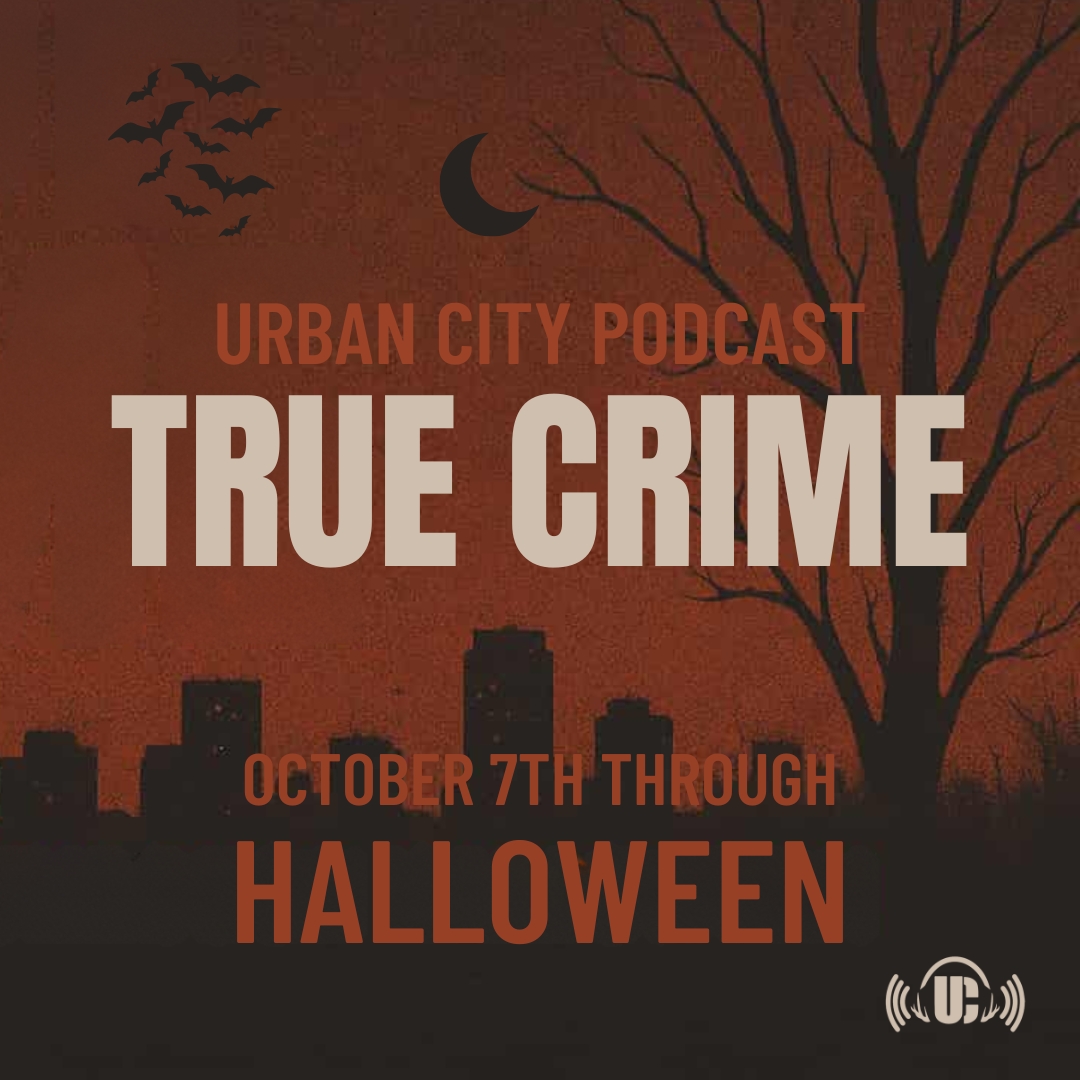Major Takeaways:
Several major rap artists are notably absent from mainstream music charts despite massive fan followings.
Industry practices, streaming algorithms, and label politics may be influencing who gets charted.
Fans and insiders are questioning whether the current chart system truly reflects popular demand in hip-hop.
WTF Moment: Why Hip-Hop Is Missing From the Charts
Alright, let’s get real. For the first time in 35 years, not a single rap song made it into the Billboard Hot 100 Top 40. Zero. Zilch. Nada. This is the genre that has dominated charts, culture, and conversations since long before a lot of people reading this were born. And now? Nothing. The streak that began in February 1990 has officially ended. WTF happened?
Look, I’ve been in this game for decades. I’ve seen rap explode from underground block parties to global domination. I’ve watched labels, radio stations, and streaming services bend over backward to feed the Top 40 machine with everything from gangsta rap to trap pop hybrids. And now, all of a sudden, the scoreboard reads empty. That is wild.
Let’s break this down without sugarcoating it. First, the immediate cause. Kendrick Lamar and SZA’s song “Luther” dropped off the Top 40. That track didn’t vanish because people stopped listening to it. It didn’t tank overnight. It got booted out because of Billboard’s recurrent chart rules. Songs that have been around too long and fall below a certain rank get classified as recurrent and removed. So a song can still be massive, still be cultural, and still have streams pouring in but if it hits the rules threshold, it disappears from the Top 40. And just like that, rap as a genre has zero representation at the pinnacle of mainstream charts.
So yes, part of this is just bureaucratic. But part of it is also cultural, and honestly, a little WTF. Rap has been so dominant that people forget how much it shaped everything. It set the standard for hooks, beats, slang, fashion, visuals. The industry leaned on rap for decades. And now, without a single rap track in the Top 40, it feels like the mainstream forgot that rap ever mattered.
Let’s get something straight. This doesn’t mean rap is dead. Far from it. If you open Spotify, YouTube, TikTok, or any streaming platform, you’ll see rap alive, thriving, and breaking records left and right. The streets, the culture, the community—hip hop hasn’t missed a beat. But the mainstream Top 40, the traditional barometer of success, suddenly looks like a ghost town. And that’s where the WTF comes in.
We’ve hit a perfect storm here. Billboard’s rules certainly matter, but so do the trends outside the charts. Rap’s market share in the United States has dropped a bit from its peak, around 30 percent five years ago to closer to 24 percent now. Competition is fierce. Pop, country, Latin, and global genres are rising. Streaming platforms have broadened their tastes. And let’s be honest, audiences are mixing everything together. Rap verses in pop songs? Trap beats in alternative music? The lines are blurred, so the genre loses some visibility in the charts even if the culture is exploding elsewhere.
Another WTF factor? Generational fatigue. The mainstream has been rap heavy for decades. People are craving novelty, hybrids, and crossover sounds. This doesn’t mean rap is bad; it means the public and the industry are chasing something fresh. Rap has always been about evolution, but right now the mainstream charts are reflecting a temporary shift in taste, not a cultural death.
And let’s talk about the irony. Rap has been innovating like crazy. Trap, drill, emo rap, melodic rap, there’s no shortage of creativity. The artists are pushing boundaries, telling stories, shaping movements, influencing politics, fashion, and identity. But the system designed to measure success, the Top 40, didn’t catch up. So while the industry freaks out over empty chart slots, the culture itself is moving faster than the metrics can handle. That’s straight up ridiculous, if you ask me.
For those of us in broadcasting, media, and urban culture, this is actually an opportunity. Radio stations, podcasts, and platforms like ours now have a chance to spotlight what the mainstream ignores. We can lead with authenticity, not just chase whatever chart numbers tell us. There’s a whole underground, indie, and viral rap scene out there that the Top 40 doesn’t even see. Highlighting that gives our audiences the edge and credibility that mainstream channels have lost.
This moment also forces reflection. Hip hop was never built for charts. It was born in basements, block parties, and community centers. Its mission was expression, liberation, and visibility for voices ignored by mainstream media. Charts are nice, but they are not culture. Billboard is one scoreboard. The streets, the community, and the fans are where rap lives. And by that measure, rap is thriving, even if the Top 40 doesn’t acknowledge it this week.
Still, it’s hard not to feel a little shocked. Seeing zero rap in the Top 40 is like walking into your favorite neighborhood and finding every corner store closed. It doesn’t mean the neighborhood is dead, but it sure feels weird. It’s a reminder that systems can misrepresent reality, and that cultural dominance doesn’t always translate to chart dominance.
Here’s the takeaway for Urban City readers, listeners, and media creators: pay attention to what’s happening outside the charts. Where the Billboard numbers fail to reflect reality, the streets and streams do not. Rap is still defining music, youth culture, and cultural trends. It’s just operating outside the structures that the industry relies on for validation. That’s where the real stories live. That’s where the hits that actually matter are happening.
The absence of rap from the Top 40 should wake us up. It’s not a signal that rap is weak; it’s a sign that the mainstream metrics are outdated. The culture is ahead, and anyone paying attention can see it. The next big wave of hip hop might not launch on pop radio or climb the Billboard charts first. It might come from TikTok, SoundCloud, indie labels, or live performances that blow up overnight. That’s where the future is being written while the industry still scratches its head.
So WTF do we do? We observe, we amplify, and we celebrate what really matters. We continue to lift the artists and voices that shape the culture, regardless of whether the charts acknowledge them. We stay plugged into the communities, the creativity, and the movement, because that’s where rap will always thrive. Charts are temporary. Culture is permanent.
Rap’s absence from the Top 40 is weird, jarring, and unbelievable. It makes you question everything about how the music industry measures success. But it also reminds us that charts do not define the culture, the impact, or the future. Hip hop isn’t going anywhere. It’s just changing lanes, moving faster, and operating on its own terms. That’s the reality the mainstream will eventually catch up to or it won’t, and the culture will keep moving anyway.
For Urban City readers and listeners, this is the time to double down, double check, and double amplify. The Top 40 may have forgotten rap for now, but the streets, the streams, and the community never will. This is a WTF moment, yes. But it’s also a moment full of opportunity, reflection, and power. Hip hop will be back at the top of the charts. And when it returns, it will be louder, sharper, and more unstoppable than ever.
So, WTF indeed. Let’s stay tuned, stay real, and stay ahead of the curve. Because the story of hip hop isn’t over. It’s just taking the long way home.















